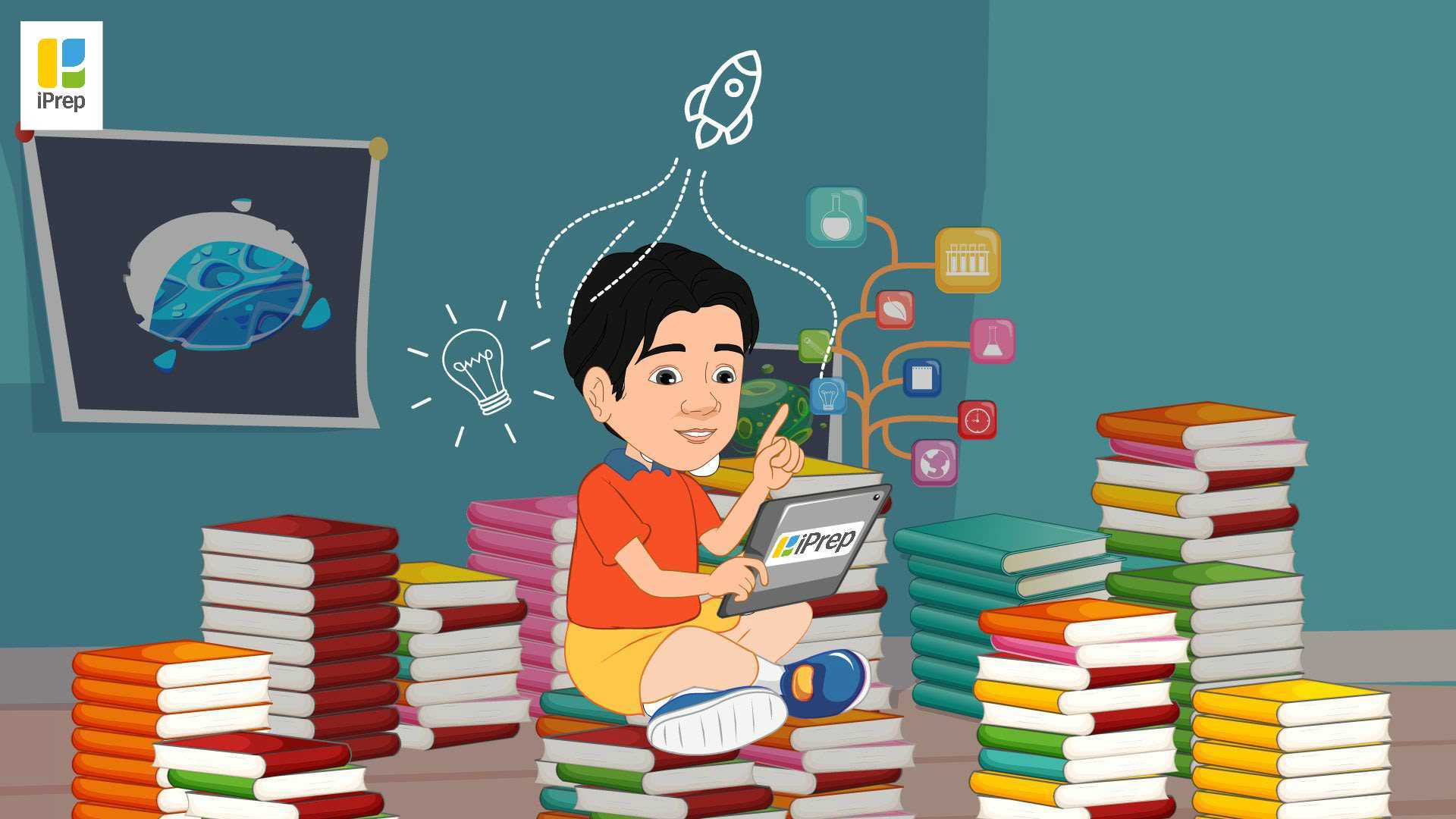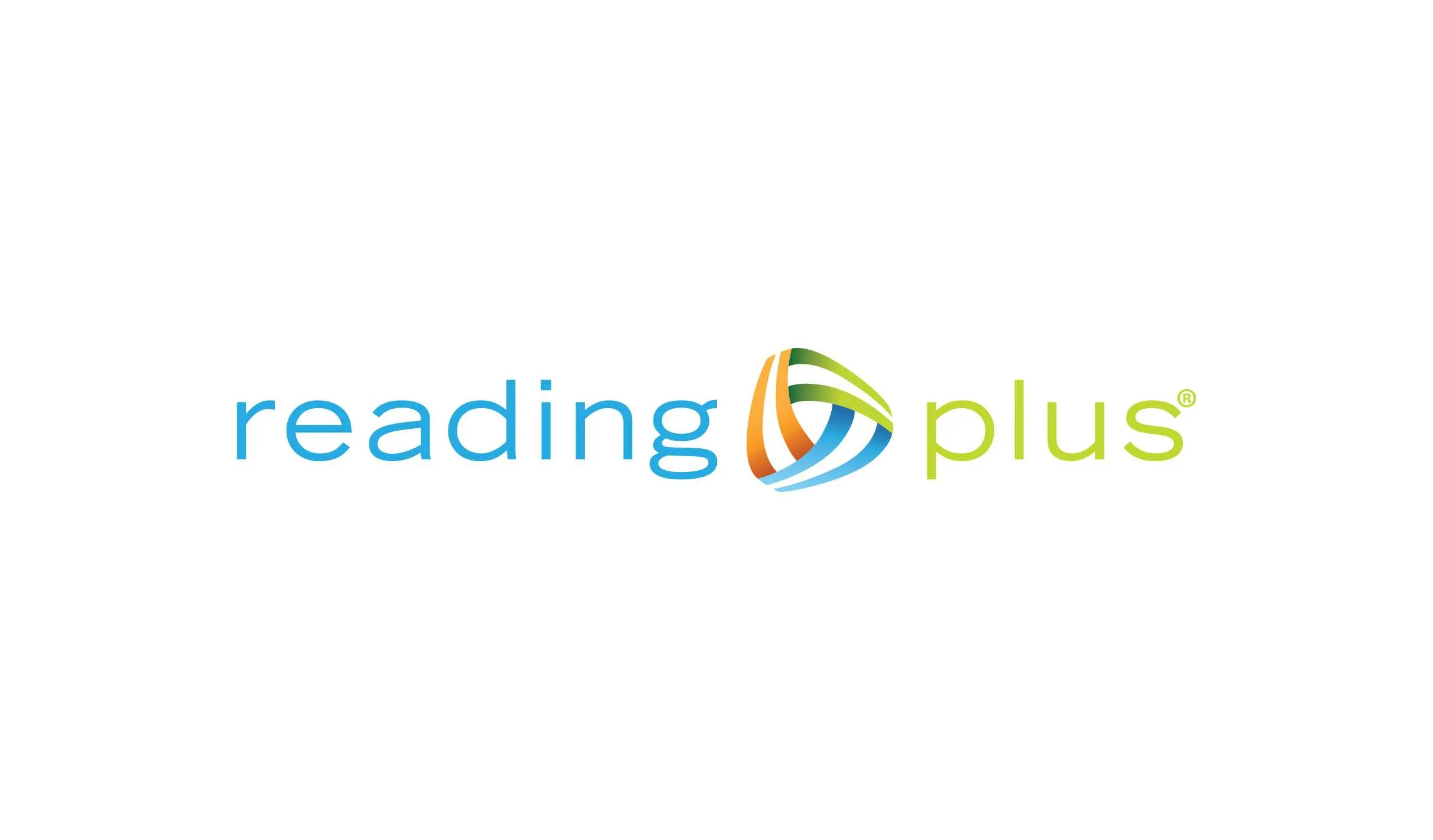Reading is one of the most fundamental skills that shapes education, career, and personal growth. But being “reading wise” goes beyond just decoding words—it means understanding, analyzing, and applying information effectively. Whether you’re a student aiming for academic success, a professional looking to stay sharp, or a parent guiding children, becoming reading wise can transform the way you learn and retain knowledge.
In this article, we’ll explore what it means to be reading wise, why it matters, and how you can develop this skill to boost comprehension, learning efficiency, and overall literacy.
What Does “Reading Wise” Mean?
Being reading wise is about approaching reading strategically rather than mechanically. It involves:
-
Understanding Context: Recognizing the bigger picture behind the text.
-
Critical Thinking: Analyzing information instead of memorizing blindly.
-
Efficient Reading: Using techniques like skimming and scanning to save time.
-
Application of Knowledge: Applying what you’ve read to real-life situations.
In short, a reading wise individual doesn’t just read—they comprehend, connect, and create meaning from the text.
Why Being Reading Wise Matters
-
Boosts Academic Performance – Students who develop reading wise strategies grasp concepts faster and perform better in exams.
-
Improves Career Growth – Professionals who read wisely can process reports, research, and data more efficiently.
-
Enhances Critical Thinking – Reading wisely trains the brain to think deeply and question information.
-
Supports Lifelong Learning – From self-help books to online research, being reading wise makes learning easier at any age.
Key Strategies
1. Set a Purpose Before Reading
Always ask yourself why you are reading. Are you looking for detailed knowledge, quick facts, or entertainment? Defining a purpose helps you focus on the right level of comprehension.
2. Practice Active Reading
Instead of passively consuming words, engage with the text by:
-
Highlighting key points
-
Making notes in the margins
-
Asking questions while reading
3. Use Skimming and Scanning
-
Skimming helps you get the gist of long texts quickly.
-
Scanning lets you find specific facts or keywords efficiently.
These techniques save time and help you focus on essential information.
4. Expand Vocabulary
A rich vocabulary allows you to grasp ideas quickly. Make a habit of noting down unfamiliar words and revisiting them later.
5. Connect New Knowledge with Old
When you read something new, try linking it with knowledge you already have. This strengthens memory retention and deepens understanding.
For Students
For students, being reading wise means more than preparing for exams. It includes:
-
Breaking down complex topics into digestible chunks.
-
Using summaries, mind maps, and flashcards to reinforce learning.
-
Reading beyond textbooks—articles, journals, and case studies expand perspective.
Reading Wise in Professional Life
In the workplace, information overload is common. To handle it:
-
Prioritize important documents.
-
Use structured reading—start with headings, abstracts, or executive summaries.
-
Apply insights quickly to real projects or decision-making.
Reading Wise for Parents and Children
Parents can instill reading wise habits in children by:
-
Reading aloud to improve listening and comprehension.
-
Encouraging storytelling and discussion.
-
Introducing age-appropriate books that blend fun with learning.
When children develop these habits early, they grow into confident, critical, and curious readers.

Technology and Reading Wise
Digital tools like e-readers, audiobooks, and apps have redefined reading. They allow for interactive learning, personalized reading experiences, and vocabulary building. However, being reading wise also means balancing digital reading with traditional books to avoid distractions and shallow comprehension.
FAQs
Q1: How can I quickly improve my reading skills?
Start by setting clear reading goals, practicing active reading, and summarizing what you’ve read in your own words.
Q2: Can children be taught to be reading?
Yes, with guided reading, discussions, and engaging content, children can develop wise reading habits early.
Q3: Does being reading wise mean reading faster?
Not always. While speed-reading is useful, being reading wise is more about comprehension and effective use of information than just speed.
Q4: Are digital tools good for developing reading wise habits?
Yes, when used correctly. Apps and e-books can enhance vocabulary and comprehension, but balance with offline reading is essential.
Also Read: Sparx
Final Thoughts
Being reading wise is about quality, not quantity. It’s the ability to extract meaning, retain knowledge, and apply information effectively. Whether you’re a student, a professional, or a lifelong learner, adopting reading wise strategies will sharpen your mind and give you an edge in every area of life.



